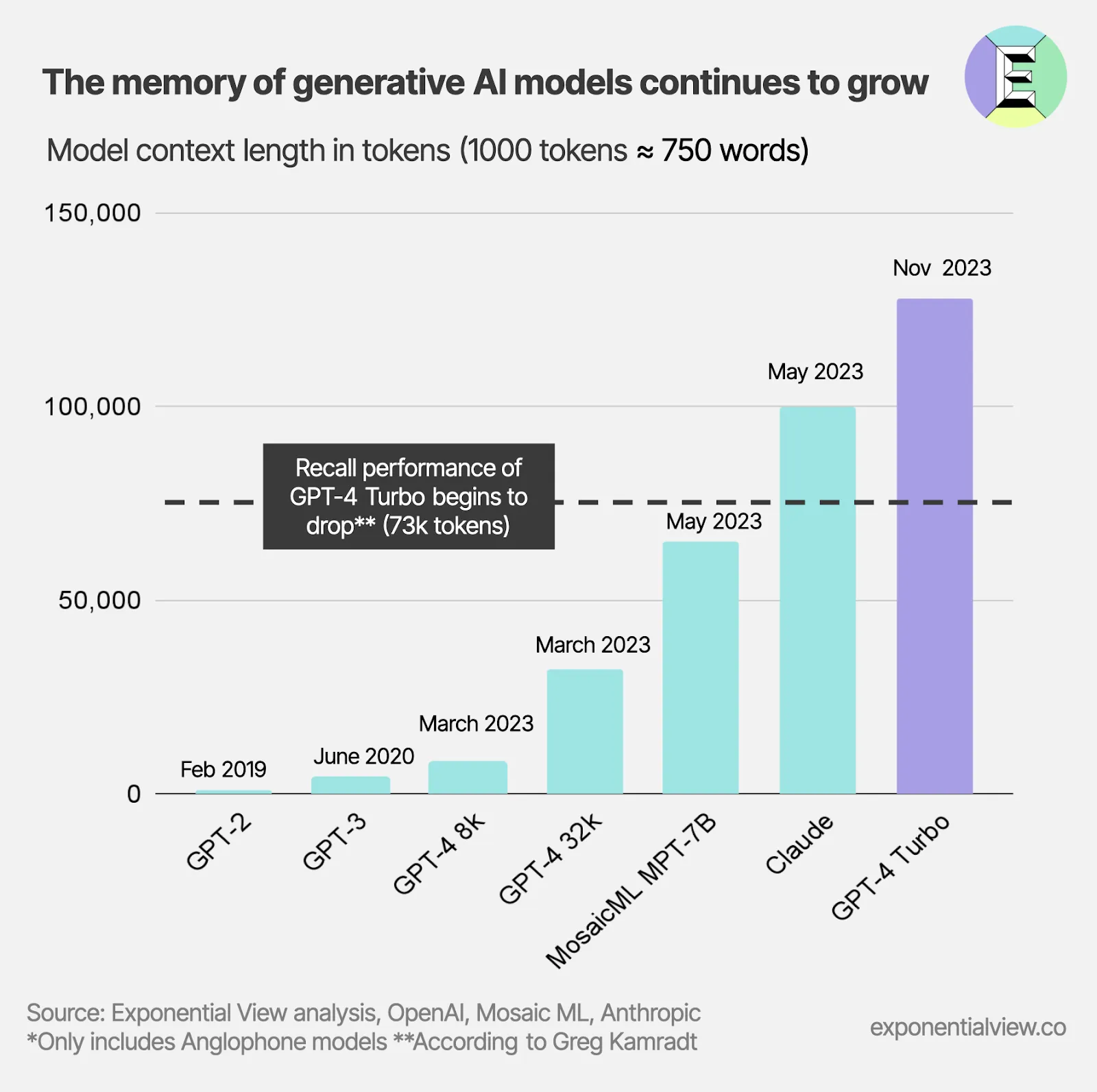The Beatles’ final song is now streaming thanks to AI — from theverge.com by Chris Welch
Machine learning helped Paul McCartney and Ringo Starr turn an old John Lennon demo into what’s likely the band’s last collaborative effort.
Scientists excited by AI tool that grades severity of rare cancer — from bbc.com by Fergus Walsh
Artificial intelligence is nearly twice as good at grading the aggressiveness of a rare form of cancer from scans as the current method, a study suggests.
By recognising details invisible to the naked eye, AI was 82% accurate, compared with 44% for lab analysis.
Researchers from the Royal Marsden Hospital and Institute of Cancer Research say it could improve treatment and benefit thousands every year.
They are also excited by its potential for spotting other cancers early.
Microsoft unveils ‘LeMa’: A revolutionary AI learning method mirroring human problem solving — from venturebeat.com by Michael Nuñez
Researchers from Microsoft Research Asia, Peking University, and Xi’an Jiaotong University have developed a new technique to improve large language models’ (LLMs) ability to solve math problems by having them learn from their mistakes, akin to how humans learn.
The researchers have revealed a pioneering strategy, Learning from Mistakes (LeMa), which trains AI to correct its own mistakes, leading to enhanced reasoning abilities, according to a research paper published this week.
Also from Michael Nuñez at venturebeat.com, see:
GPTs for all, AzeemBot; conspiracy theorist AI; big tech vs. academia; reviving organs ++448 — from exponentialviewco by Azeem Azhar and Chantal Smith
Personalized A.I. Agents Are Here. Is the World Ready for Them? — from ytimes.com by Kevin Roose (behind a paywall)
You could think of the recent history of A.I. chatbots as having two distinct phases.
The first, which kicked off last year with the release of ChatGPT and continues to this day, consists mainly of chatbots capable of talking about things. Greek mythology, vegan recipes, Python scripts — you name the topic and ChatGPT and its ilk can generate some convincing (if occasionally generic or inaccurate) text about it.
That ability is impressive, and frequently useful, but it is really just a prelude to the second phase: artificial intelligence that can actually do things. Very soon, tech companies tell us, A.I. “agents” will be able to send emails and schedule meetings for us, book restaurant reservations and plane tickets, and handle complex tasks like “negotiate a raise with my boss” or “buy Christmas presents for all my family members.”
From DSC:
Very cool!
Introducing, Motion Brush.
A new way to add controlled movement to your generations.
Coming soon to Gen-2. pic.twitter.com/htyjf1gstz
— Runway (@runwayml) November 10, 2023
Nvidia Stock Jumps After Unveiling of Next Major AI Chip. It’s Bad News for Rivals. — from barrons.com
On Monday, Nvidia (ticker: NVDA) announced its new H200 Tensor Core GPU. The chip incorporates 141 gigabytes of memory and offers up to 60% to 90% performance improvements versus its current H100 model when used for inference, or generating answers from popular AI models.
From DSC:
The exponential curve seems to be continuing — 60% to 90% performance improvements is a huge boost in performance.
Also relevant/see:
- NVIDIA Supercharges Hopper, the World’s Leading AI Computing Platform — from nvidianews.nvidia.com
HGX H200 Systems and Cloud Instances Coming Soon From World’s Top Server Manufacturers and Cloud Service Providers
The 5 Best GPTs for Work — from the AI Exchange
Custom GPTs are exploding, and we wanted to highlight our top 5 that we’ve seen so far:
- FAQ Generator: Simply input a URL and it’ll generate an FAQ for that webpage
- Canva GPT: Generate Canva graphics in seconds
- Automation Consultant: By Zapier
- Content Matrix GPT: Mirroring prolific online writer Justin Welsh
- Summarizer GPT: Can summarize in different formats, by TikTok friend of ours, Riley Brown









